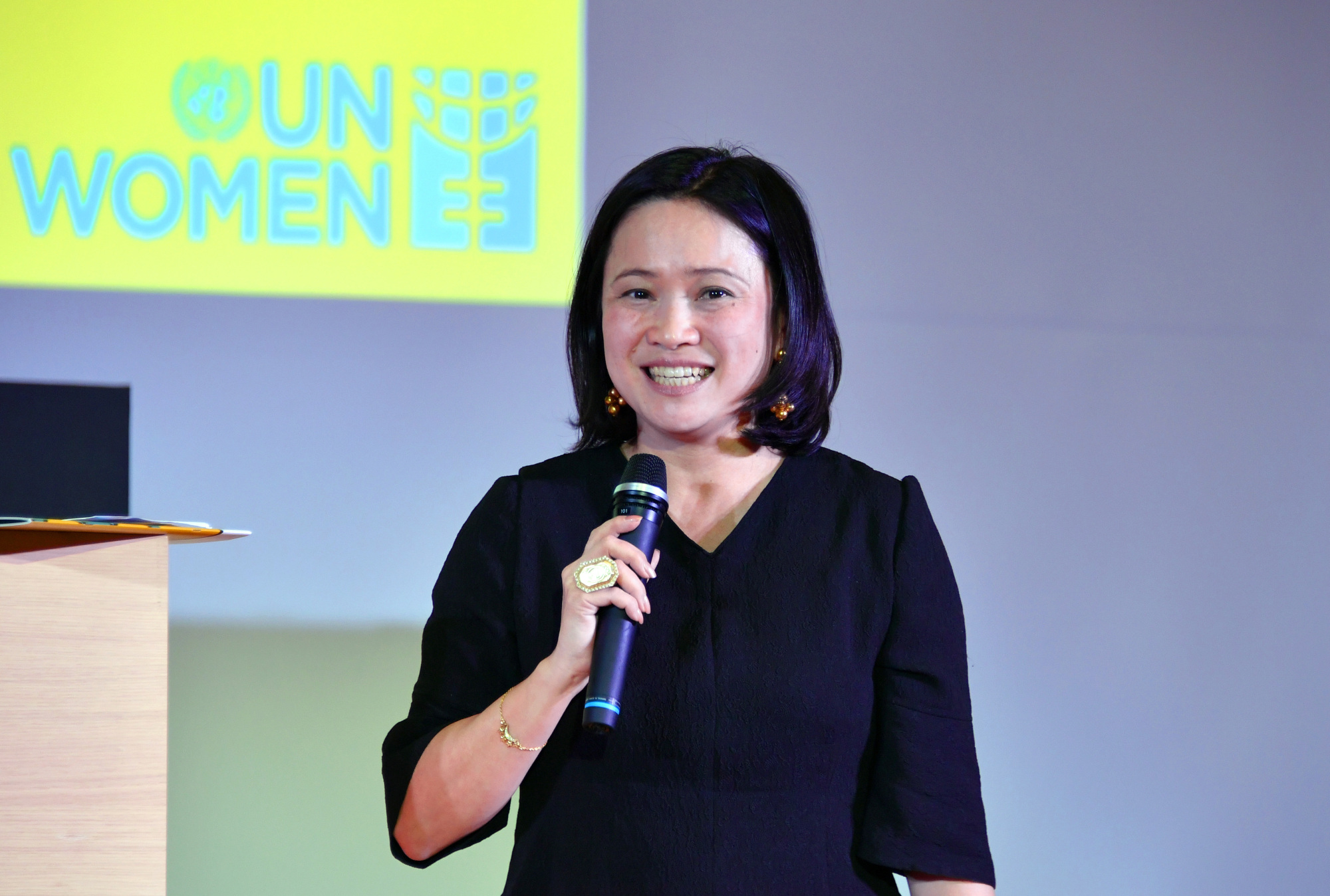The past five years of Prime Minister Shinzo Abe's much-touted "womenomics" measures, aimed at advancing female economic empowerment, have shown clear-cut progress, with about 70 percent of Japanese women and girls aged between 15 to 64 now being employed or seeking jobs.
Efforts to further progress reached their most active stage last year, and with more Japanese women working than ever before the discussion has now shifted to whether their working environments and lifestyles have become any more closely aligned to what Abe calls "a society where women can shine."
Miwa Kato, U.N. Women's Asia-Pacific regional director who oversees the group's work with 42 countries in the region including Japan, says the limited number of female leaders is still a crucial issue that needs to be addressed. This, she believes, requires a dynamic shift in mindset that will not only bring about a society where women can shine, but also one where everyone can achieve their goals.



